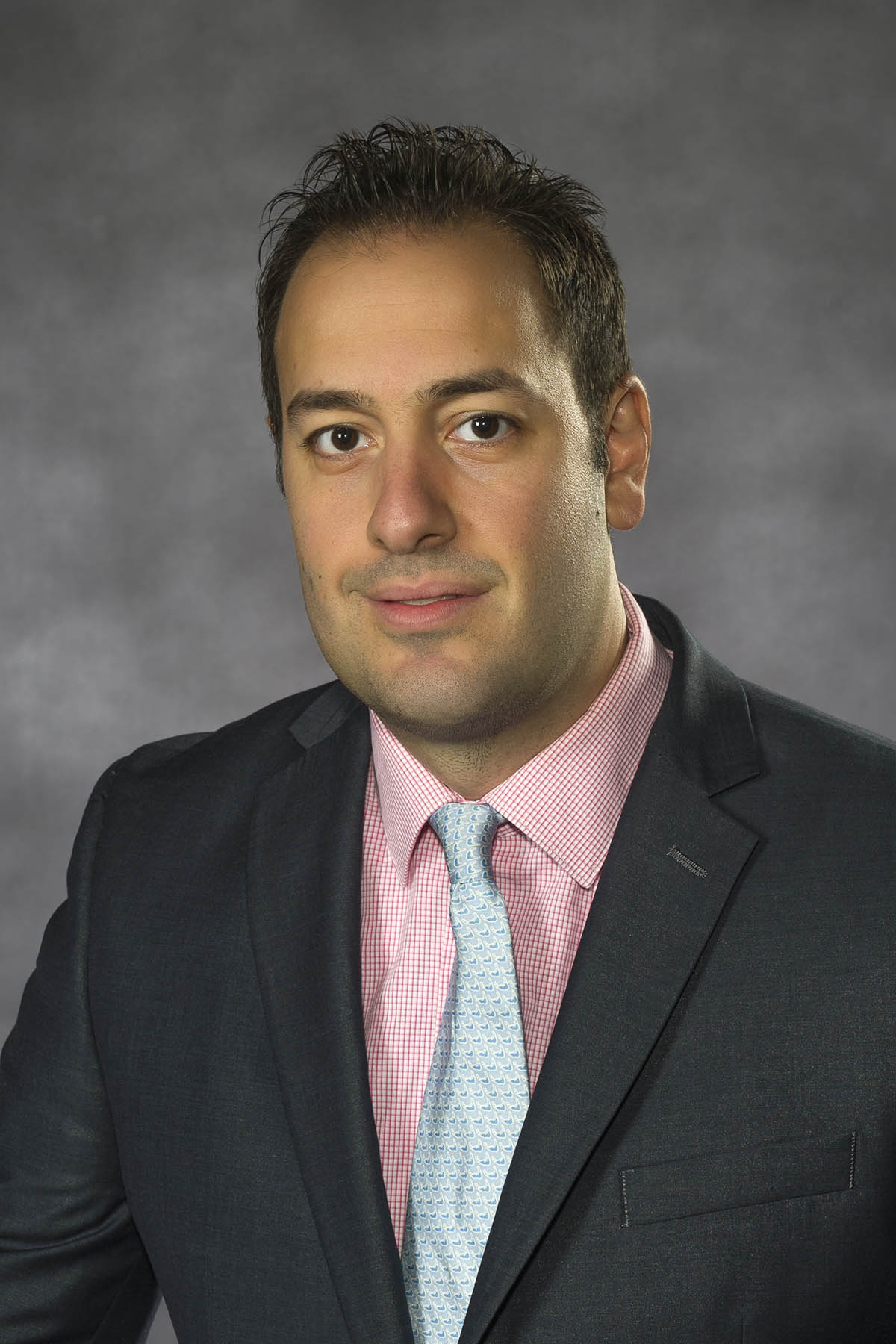Latest News
Center News & Funding
Massey researcher receives grant funding to support further pre-clinical testing of a promising neuroblastoma therapy
Aug 10, 2015

VCU Massey Cancer Center researcher Anthony Faber, Ph.D., was awarded a $250,000 grant from Alex’s Lemonade Stand Foundation to support further laboratory research to provide the validation needed to develop clinical trials to test a new therapy for neuroblastoma, the second deadliest cancer in children.
Faber will share the award with his research collaborator Yael Mossé, M.D., an attending physician at The Children’s Hospital of Philadelphia Cancer Center and an assistant professor at the Perelman School of Medicine at the University of Pennsylvania, for their research project designed to conduct pre-clinical validation, safety and tolerability studies needed to bring their novel therapy to clinical trials. Their nascent therapy involves a combination of the developmental drug agents ABT-199 and MLN8237, which are orally delivered. ABT-199 is a selective BCL-2 inhibitor, so called because it selectively binds to and inhibits the BCL-2 protein, which regulates cell death. MLN8237, also known as alisertib, is currently being tested in clinical trials and is an inhibitor of the Aurora A kinase, whose expression occurs in a wide variety of cancers.
Preliminary results from laboratory experiments conducted by Faber show that the combination of ABT-199 and MLN8237 is very effective in treating MYCN-amplified neuroblastoma. In various mouse models of MYCN-amplified neuroblastoma, the combination was found to shrink malignant tumors and, in some cases, cure the mice of any measurable cancer. Additionally, this therapy has shown no signs of toxicity in the mice, suggesting that this therapy may be tolerated by children with this kind of cancer.
MYCN-amplified neuroblastoma is a subset of neuroblastoma that has an abnormality known as MYCN amplification. MYCN-amplified neuroblastoma is an aggressive pediatric cancer and difficult to treat. Despite all of the successes of targeted therapies, which are designed to interfere with specific molecules necessary for tumor growth and progression, there have been no proven targeted therapy options for MYCN-amplified neuroblastoma. Combining drug candidates that work specifically in MYCN-amplified cancers, Faber and Mossé have discovered a promising targeted therapy for this form of cancer.
“We are pleased to partner with Alex’s Lemonade Stand Foundation to fight this devastating cancer,” said Faber, a member of the Developmental Therapeutics research program at VCU Massey Cancer Center, Blick Scholar and assistant professor at the Philips Institute for Oral Health Research at the VCU School of Dentistry. “We plan to leverage their funding to mature the preclinical data of this therapy in hopes for future clinical trial testing.

This grant is provided by the Alex’s Lemonade Stand Foundation (ALSF), a nonprofit dedicated to finding better treatments and ultimately cures for all children with cancer. The funding is part of the $5.5 million ALSF has awarded in Innovation Grantsto twenty-two leading pediatric oncology researchers across the country in 2015. Throughout a two-year period, each recipient will receive $250,000 of critical funding to pursue unique projects, all in response to ALSF founder Alexandra “Alex” Scott’s statement: “all children want their tumors to go away.”
While many of the 2015 Innovation Grants will be put toward finding better treatments for neuroblastoma, the type of cancer that Alex fought, several other projects will focus on leukemia, medulloblastoma, glioma, Ewing’s sarcoma, osteosarcoma, and spinal cord tumors.
Innovation Grants, which were among the first grants given by Alex’s Lemonade Stand Foundation, were created to provide critical and significant seed funding for experienced researchers with novel and promising approaches to finding the causes and cures for childhood cancers. The Innovation Grants are part of the Foundation’s Accelerator Programs, which work to advance the pace of innovative research.
“Through our Innovation Grants, we encourage investigators to push their research forward toward breakthroughs in childhood cancers and ultimately new clinical interventions,” said Jay Scott, Alex’s dad and co-executive director of ALSF. “The crop of 2015 recipients show great promise in not only moving us toward cures, but in their novel thinking to uncover important findings along the way.”
ALSF says that it is unique in its approach to funding childhood cancer research because it works directly with doctors, researchers and nurses to identify the specific challenges they face in bringing new treatments to and caring for children with cancer. According to ALSF, the careful distribution of grants has allowed doctors and nurses to speed up the process of bringing the latest and most promising lifesaving treatments to seriously ill children.
For more information on Alex’s Lemonade Stand Foundation’s grant programs, visit ALSFgrants.org.
Written by: Jenny Owen
Related News
Research, Center News & Funding, Prevention & Control
Bernard Fuemmeler, Ph.D., honored with Senior Investigator Award from Society of Behavioral MedicineMar 31, 2025

Get access to new, innovative care
Treatments in clinical trials may be more effective or have fewer side effects than the treatments that are currently available. With more than 200 studies for multiple types of cancers and cancer prevention, Massey supports a wide array of clinical trials.

Find a provider
Massey supports hundreds of top cancer specialists serving the needs of our patients. Massey’s medical team provides a wealth of expertise in cancer diagnosis, treatment, prevention and symptom management.
